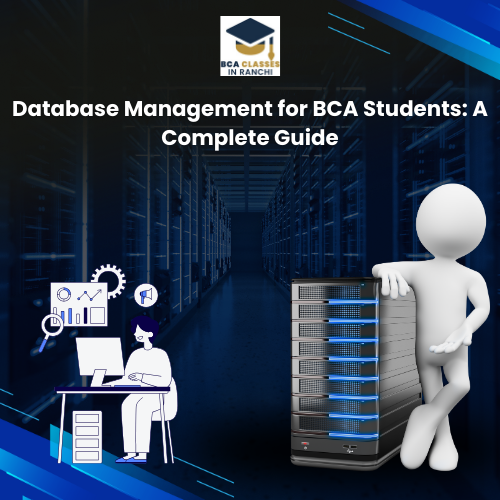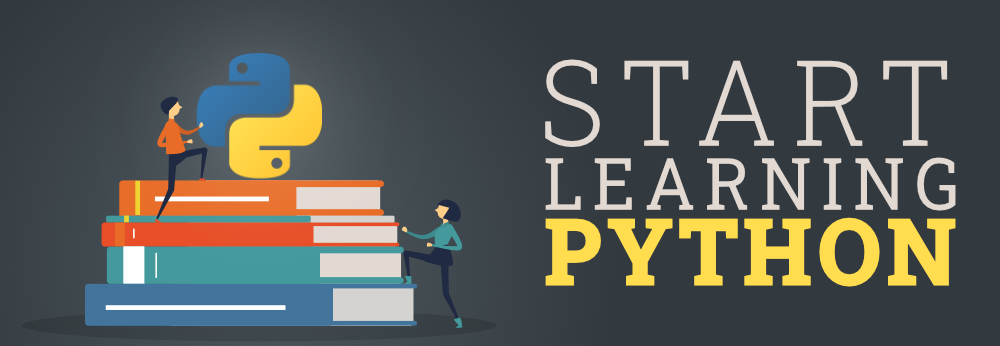If you’re a BCA (Bachelor of Computer Applications) student, understanding Database Management is crucial. This topic plays a key role in your course and future career. Whether you’re preparing for exams or just looking to enhance your skills, this guide will help you.
What is Database Management?
At its core, Database Management refers to the process of storing, managing, and organizing data efficiently. It involves using software tools to create, maintain, and manipulate databases.
A database is simply an organized collection of data, often stored electronically in a computer system. Managing this data properly ensures it can be accessed, updated, and used easily by different applications.
Why is Database Management Important for BCA Students?
Database Management is a critical area in the BCA curriculum. Here’s why:
- Foundational Knowledge for IT Careers: Almost every IT company works with large amounts of data. Knowing how to manage this data makes you an asset to employers.
- In-Demand Skill: Many jobs in software development, data analysis, and cybersecurity require database management skills.
- Boosts Your Problem-Solving Skills: Learning about databases helps you think logically and solve complex problems in real-time systems.
Types of Databases
There are different types of databases that you will encounter during your BCA course. Let’s take a look at the most common ones:
- Relational Databases: These are the most widely used. Data is organized in tables (rows and columns). Examples include MySQL, Oracle, and SQL Server.
- Non-Relational Databases: Also known as NoSQL databases, these are used for unstructured data. Examples include MongoDB and Cassandra.
- Distributed Databases: These are spread across multiple locations but act as a single database. Google Cloud Firestore is an example.
- Object-Oriented Databases: These store data in objects (like in object-oriented programming). Examples include ObjectDB and db4o.
Key Concepts in Database Management
As a BCA student, there are several fundamental concepts you need to understand about databases. Here’s a breakdown:
1. DBMS (Database Management System)
A DBMS is software that allows you to create, manage, and manipulate databases. Some popular DBMS tools include:
- MySQL
- Microsoft SQL Server
- Oracle
- PostgreSQL
These tools help you manage large datasets efficiently. They also allow multiple users to access the database simultaneously.
2. SQL (Structured Query Language)
SQL is the language used to interact with relational databases. With SQL, you can:
- Retrieve Data: Use SELECT to get data from a table.
- Insert Data: Use INSERT to add data to a table.
- Update Data: Use UPDATE to modify existing data.
- Delete Data: Use DELETE to remove data.
SQL is an essential skill for BCA students. Practicing it regularly will make you proficient in database management.
3. Normalization
Normalization is the process of organizing data in a way that reduces redundancy (duplicate data) and ensures integrity. The goal is to structure the database efficiently to avoid errors and inconsistencies. There are different normal forms, such as:
- First Normal Form (1NF): Ensures there are no repeating groups or arrays in a table.
- Second Normal Form (2NF): Deals with eliminating partial dependency.
- Third Normal Form (3NF): Ensures that every non-key attribute is fully dependent on the primary key.
4. Keys in Databases
In a database, keys are used to uniquely identify records or establish relationships between tables. Some important keys include:
- Primary Key: Uniquely identifies each record in a table.
- Foreign Key: A field that links to the primary key in another table.
- Candidate Key: A field or combination of fields that can uniquely identify a record.
- Composite Key: A combination of two or more fields used as a primary key.

How to Manage Databases Effectively
To become good at database management, it’s important to practice the following:
1. Learn SQL Well
Start by learning SQL basics: SELECT, INSERT, UPDATE, DELETE, and JOIN. Once you have mastered the basics, move on to more advanced topics like stored procedures, triggers, and indexing.
2. Work on Real-Life Projects
Practical experience is key. Try to work on projects that involve creating and managing databases. For example:
- Create a Student Management System.
- Build a Library Management System using a database to store books and users’ details.
3. Practice Database Design
Designing databases from scratch is a valuable skill. Learn how to structure data efficiently, normalize tables, and ensure integrity. Tools like ER Diagrams (Entity-Relationship Diagrams) can help you visualize and design databases.
4. Understand Database Security
Database security is vital to protect sensitive data. Learn how to implement security measures, such as:
- User Authentication: Ensure that only authorized users can access the database.
- Encryption: Protect data by converting it into an unreadable format.
- Backups: Regularly back up your database to avoid data loss.
Tools You Need to Master
As a BCA student, you will need to familiarize yourself with several tools to become proficient in database management. Some key tools include:
- MySQL Workbench: A powerful tool for designing, managing, and administering MySQL databases.
- SQL Server Management Studio (SSMS): A comprehensive environment for managing SQL Server databases.
- pgAdmin: A popular open-source administration and management tool for PostgreSQL.
Career Opportunities in Database Management
After mastering database management, many career options will open up for you. Some job roles to consider include:
- Database Administrator (DBA): Manages and optimizes databases.
- Data Analyst: Analyzes and interprets data to help businesses make informed decisions.
- SQL Developer: Specializes in creating and managing SQL-based applications.
- Database Architect: Designs and structures databases for businesses and organizations.
- Software Engineer: Works with databases as part of developing software applications.
Conclusion
In conclusion, Database Management is a crucial topic for BCA students. It not only strengthens your foundation in computer science but also opens up numerous career opportunities in the tech industry. By mastering key concepts like DBMS, SQL, normalization, and database security, you will be well-equipped to handle any database-related challenges in your career.
To excel, focus on consistent learning, practice real-world projects, and stay updated with the latest trends in database technology. Start working on your database skills today to secure a strong future in the world of IT!
Read Our Other Blog
BCA vs. MCA: Which Path is Right for You?
For More Information and Updates, Connect With Us
Name Abhishek
Phone Number: +91-7488456170
Email ID: abhishek@eepl.me
Our Platforms:
Digilearn Cloud
EEPL Test
Live Emancipation
Follow Us on Social Media:
Instagram – EEPL Classroom
Facebook – EEPL Classroom
Stay connected and keep learning with EEPL Classroom!












